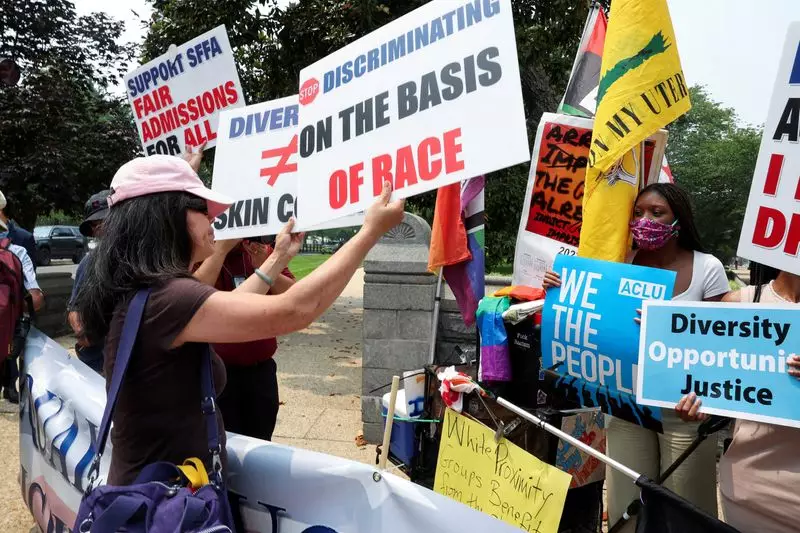In a recent move reflecting the priorities of the Trump administration, an internal memo from the Office of Personnel Management has directed federal agencies to dismantle their diversity, equity, and inclusion (DEI) offices and programs. This directive, which emphasizes the elimination of roles related to DEI initiatives, embodies a broader ideological shift that has characterized Trump’s tenure. The memo outlines that agency heads must take necessary actions to terminate these positions within a tight timeframe, signaling a drastic redirection of federal policy regarding workforce diversity.
Supporters of this initiative, predominantly within the Republican party, argue that DEI programs contribute to reverse discrimination, alleging that these initiatives prioritize identity over merit in hiring practices. They claim that efforts to promote opportunities for minorities and underrepresented groups inadvertently marginalize other candidates, thereby diluting the value of merit-based assessments. By dismantling these programs, the administration posits that it is restoring fairness and equity in the hiring process.
On the contrary, civil rights advocates highlight the necessity of DEI initiatives for rectifying systemic inequalities that have persisted for generations. They argue that such programs are crucial not only for increasing representation but also for fostering an inclusive workplace culture that benefits all employees. The tension between these opposing views underscores a pivotal conflict in contemporary American politics regarding race, equality, and justice.
The ramifications of this administrative order could reverberate throughout federal hiring practices, leading to a significant rollback of progress made in promoting diversity and inclusion within government agencies. The memo’s stipulation requires agency heads to act swiftly, but it falls short of detailing the specific number of DEI staff or positions affected. As agencies scramble to comply, the potential loss of experienced personnel dedicated to advancing equity may impede efforts to attract a diverse talent pool.
Furthermore, Trump’s opposition to DEI initiatives is not limited to federal employment; it extends into the private sector. The administration has encouraged businesses to adopt similar stances, indicating a broader campaign against what they perceive as burdensome diversity requirements. Such pressure may stifle private sector initiatives aimed at improving inclusivity, ultimately leading to a more homogeneous workforce.
The directive to dismantle DEI programs represents a broader political strategy that can be seen as both a backlash against progressive movements and a reflection of the polarized nature of American politics. For many, this move signifies a regression in the fight for equality and social justice, echoing fears that decades of progress could be undone in just a few short years.
The Trump administration’s request to abolish DEI roles within federal agencies marks a significant shift in the United States’ approach to diversity and inclusion. The resulting debate raises critical questions about the future of civil rights policies, the definition of meritocracy, and the commitment to fostering a work environment that values diversity. As methods of opposition to DEI programs grow, the challenge of addressing systemic inequalities remains more pressing than ever.

